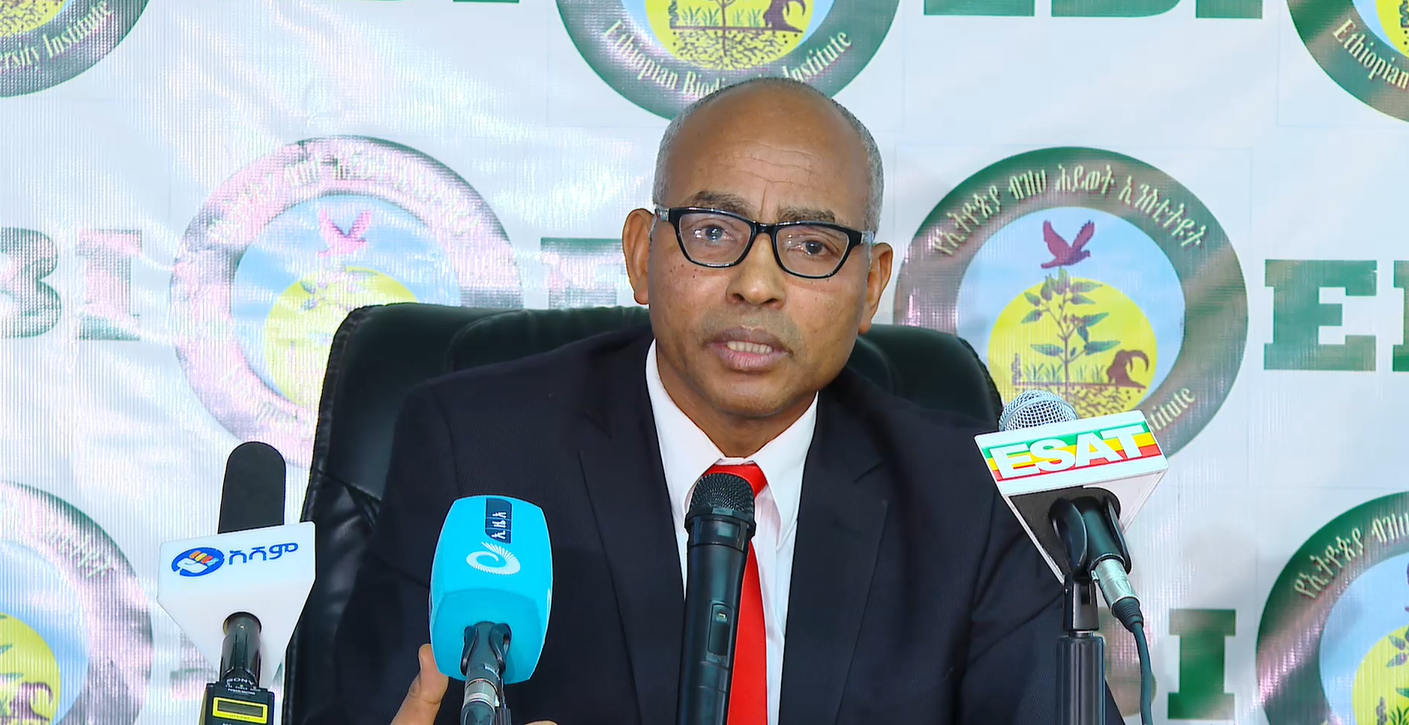Adoption of Global Framework at UN Conference Pivotal to Address Biodiversity Loss: Ethiopian Biodiversity Institute - ENA English
Adoption of Global Framework at UN Conference Pivotal to Address Biodiversity Loss: Ethiopian Biodiversity Institute

Addis Ababa (ENA) December 23/2022 The recent UN Biodiversity Conference plays pivotal role in addressing biodiversity loss and restoring ecosystems, according to Ethiopian Biodiversity Institute.
The UN Biodiversity Conference (COP 15) was held in Montreal, Canada, from 7-19 December, 2022.
Chaired by China and hosted by Canada, COP 15 has reportedly adopted the Kunming-Montreal Global Biodiversity Framework (GBF) on the last day of negotiations.
Briefing the media today, Melese Mario, Director General of the Institute and leader of the Ethiopian delegation that attended the conference, said adoption of the GBF is crucial to address biodiversity loss, restore ecosystems, and protect indigenous rights.
Mobilizing at least 200 billion USD per year from public and private sources for biodiversity-related funding and raising international financial flows from developed to developing countries to at least 30 billion USD per year is among the major targets of GBF, he added.
This was among the major targets that Ethiopia welcomed, the director-general stated.
The GBF also contains proposals to increase finance to developing countries – a major sticking point during the talks.
According to him, a transformational change that involves the society is pivotal to realize all the pledges and decisions to implement the adopted frameworks.
The GBF consists of overarching global goals to protect nature, including halting human-induced extinction of threatened species and reducing the rate of extinction of all species tenfold by 2050.
Fair sharing of the benefits from the utilization of genetic resources and digital sequence information on genetic resources, and adequate means of implementing the GBF to be accessible to all parties, particularly Least Developed Countries and Small Island Developing States, is included in the framework.
The GBF also features 23 targets, including effective conservation and management of at least 30 per cent of the world’s land, coastal areas and oceans, to be achieved by 2030.
Similarly, restoration of 30 percent of terrestrial and marine ecosystems, reducing to near zero the loss of areas of high biodiversity importance and high ecological integrity, halving global food waste, phasing out or reforming subsidies that harm biodiversity by at least 500 billion USD per year, while scaling up positive incentives for biodiversity conservation and sustainable use are incorporated in the GBF.
One million plant and animal species are now threatened with extinction, many within decades.